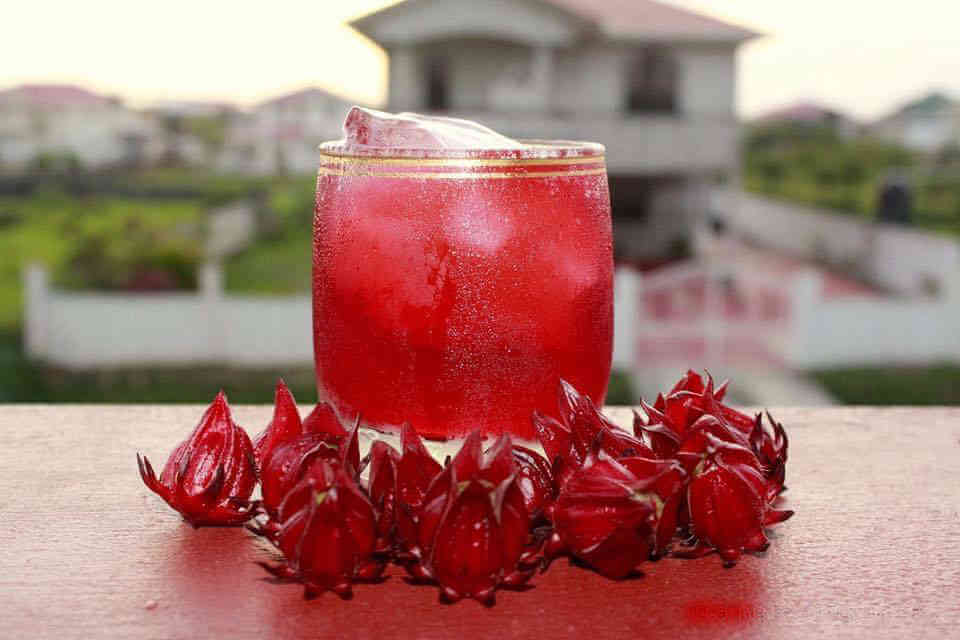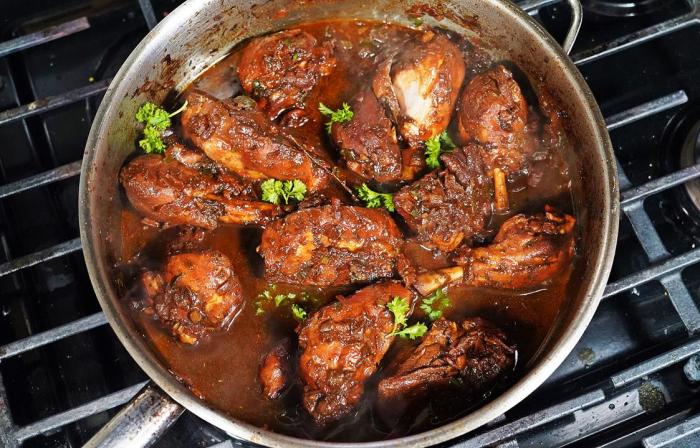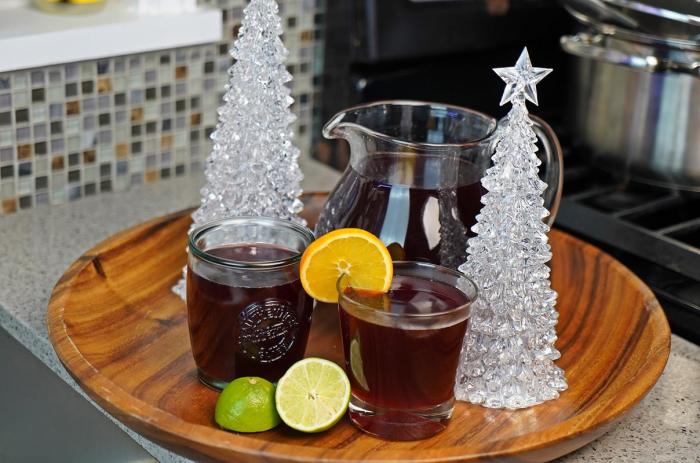Sorrel, the ruby-red Caribbean Christmas drink, has received international acclaim, with the US National Public Radio (NPR) featuring it on Sunday.
NPR noted that sorrel, a festive drink made by steeping hibiscus flowers, is the taste of the holidays throughout the Caribbean.
Sorrel is also a close cousin to the African-American red drink, described as “liquid soul,” NPR said.
In America, it said the “boozy drink” of Christmastime is buttery, cream-colored eggnog.
But throughout the Caribbean, NPR said the sip of the season comes in a “holiday-appropriate shade of ruby red: sorrel.
“This sweet, cinnamon-spiced drink gets its festive deep-red shade from the flowers of roselle, a species of tropical hibiscus plant used to make it,” NPR said.
Jamaican chef Suzanne Rousseau, who with her sister, Michelle Rousseau, co-authored the vegetarian cookbook “Provisions: The Roots of Caribbean Cooking,” said sorrel “has notes of family, warmth, Christmas and of being around people that you love.”
NPR said different islands give sorrel their own spin, varying the spices and other ingredients.
It said some people add ginger ale to the mix, adding that wine, rum or other alcohols can be used for the optional “buzzy kick.”
The Rousseau sisters, according to NPR, take the crimson hibiscus buds and combine them in a saucepan with spices like cinnamon, cloves and ginger, boil the mixture for a few minutes, then steep it for two to three days.
Once the mixture is steeped, they add sugar, wine and rum to taste, and chill the blend until the holiday drink is ready to be served, NPR said.
“It’s not really a cocktail, it’s more like a punch,” Michelle Rousseau said.
The sisters said they like to keep sorrel in their refrigerator year-round, adding that “the longer it sits, the richer and sweeter it gets.”
But NPR said this beloved island drink isn’t just a local tradition; it actually has deep roots in the history of the African Diaspora, and is a close cousin of another beverage — one with a special place among African-Americans: red drink.
In the Caribbean, sorrel became a Christmastime tradition in part because the roselle hibiscus plant used to be available only during that time of year, said Michelle Rousseau.
These days, however, Michelle said the plant is cultivated year-round, and sorrel is bottled and sold commercially.
Interestingly, while America has long had its own strong red drink tradition, African-American food historian Adrian Miller said the Caribbean Christmastime sorrel has been gaining a foothold in the US since at least the 1930s, when large numbers of Caribbean immigrants began arriving.
“In the newspapers, I saw references — at least in New York City — to sorrel being sold on the street around Christmastime for newly arrived Caribbean immigrants to have something they desire,” Miller said.
For the Rousseau sisters, who still live in Jamaica but spoke to NPR while on book tour in the US, sorrel remains the taste of Christmastime — and their Caribbean island.
“This year, I cannot wait to get home, because I still have some in my refrigerator from last Christmas,” Michelle said.
“These were the kinds of things we would do when we were young: sitting in front of the tree lights, put on the Christmas carols and pour yourself a glass of sorrel,” she added.























